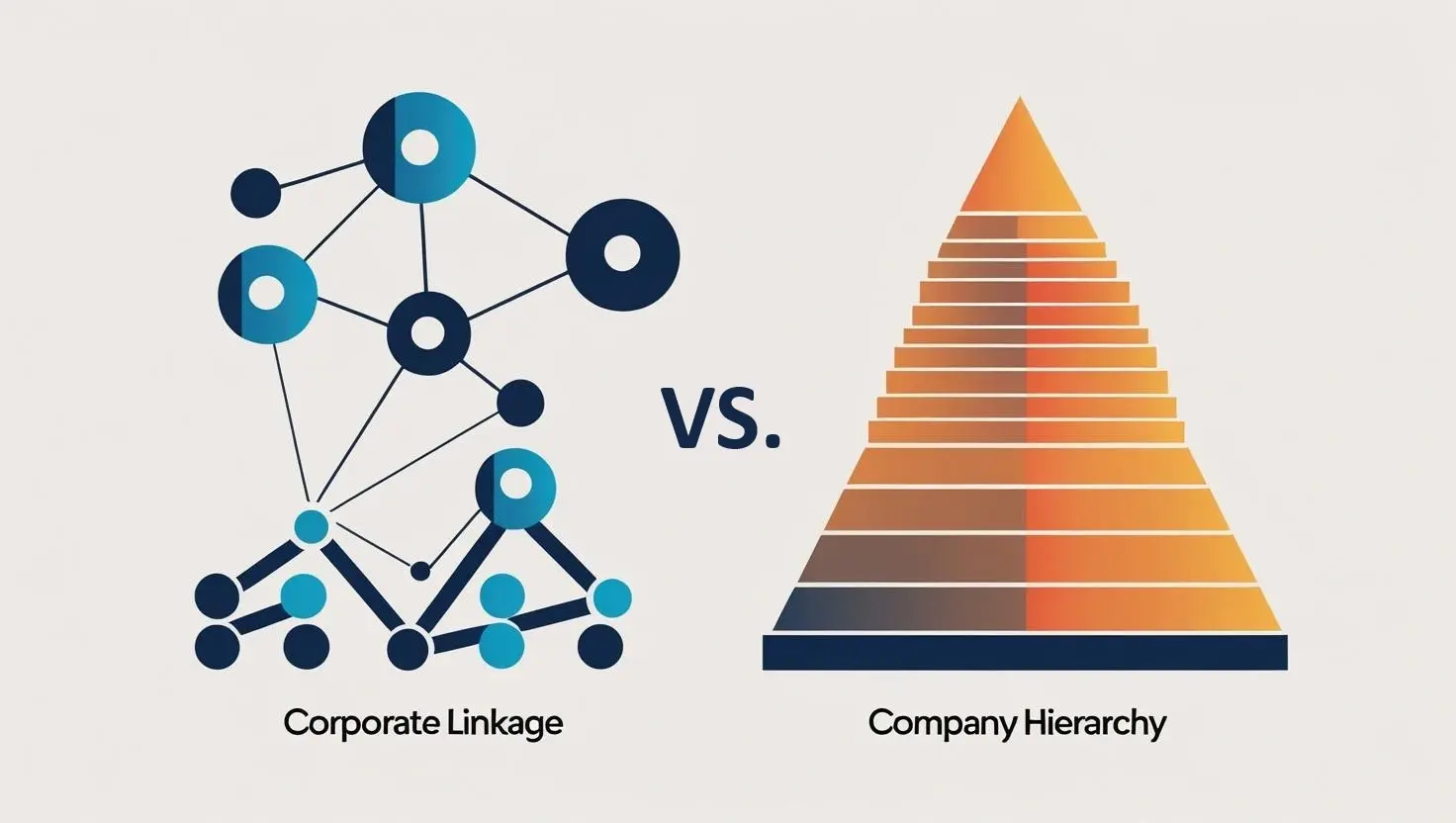California Business Lookup Guide: Steps, Tools, Tips
California business lookup is straightforward once you know where to search, which records matter...

California business lookup is straightforward once you know where to search, which records matter...

Selecting a KYB data provider is now essential for compliance, risk management, and operational...

CRM enrichment is the process of enhancing your customer relationship management system with...

When businesses evaluate compliance strategies, two terms dominate the conversation: AML...

Corporate linkage plays a crucial role in understanding the complete picture of a company’s...
.webp)
What Is Firmographic Data Quality and Why It Matters for B2B ROI Firmographic data quality...

When organizations need business data, scraping public sources can appear to be a quick and...

Firmographic data use cases are at the core of effective B2B go-to-market execution. Without them,...

Why Finding Out Who Owns a Business Matters Whether you’re verifying a new supplier, conducting due...
Firmographic segmentation helps B2B marketing and sales teams know exactly who to target, how to...
What Is Firmographic Data? Firmographic data is the foundation of effective B2B targeting. It...

Technographic data gives B2B teams visibility into the tools, platforms, and infrastructure their...

Compliance in Technographic Data Technographic data compliance is an emerging priority for B2B...

What Is Technographic Targeting? Technographic targeting is the practice of identifying and...

Understanding Tech Stack Analysis In B2B marketing and sales, knowing your target company’s...